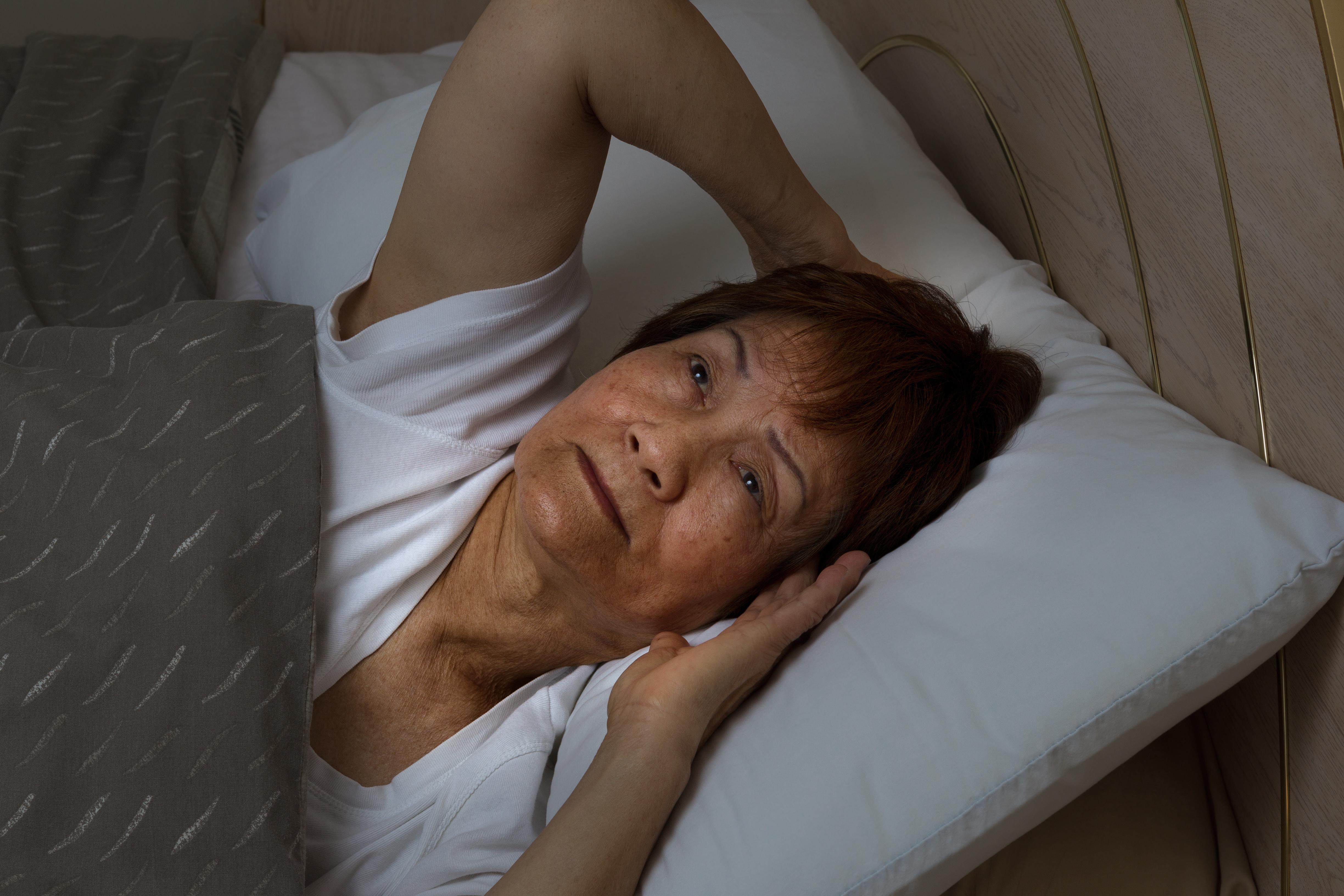Study Details Impact of Sleep on Postprandial Glucose Control
Data from a secondary analysis of the PREDICT 1 trial provides insight into the effects of sleep habits on postprandial glucose control among a cohort of healthy individuals.

New research from an international team of investigators suggests insufficient sleep and later bedtime routines could play a role in the dysregulation of blood glucose control among a population of healthy adult patients.
Conducted by investigators from Massachusetts General Hospital and Harvard Medical School, Kings College London, and Lund University in Sweden, results of the study, which was a secondary analysis of data from the PREDICT 1 trial, demonstrate poor sleep efficiency and later bedtime routines were associated with higher blood glucose levels and poorer control of blood sugar following meals.
“This study’s findings may inform lifestyle strategies to improve postprandial blood glucose levels, focusing on earlier bedtime routines and maximizing high-quality uninterrupted sleep. A combination of both generalized and more personalized sleep guidelines is likely required to ensure optimal metabolic health per se and maximize the effectiveness of guidelines for diabetes prevention,” wrote investigators.
As knowledge of the role of sleep in metabolic regulation becoming more recognized in the care of patients, a team of investigators sought to assess whether night-to-night fluctuations in sleep duration, efficiency, or timing might influence postprandial glucose response to a breakfast meal the following morning. With this in mind, the current study was designed as a secondary analysis of data from the Predicting Inter-individual Differences in Biochemical and Behavioral Response to Meals With Different Nutritional Compositions Using Metabolomic and Microbiome Profiling (PREDICT 1) trial.
Conducted from June 2018-May 2019, PREDICT 1 was a single-arm, multiple-test-meal challenge study conducted over 14 consecutive days that included 1002 healthy participants aged 18-65 years from the UK and the US. Data from 953 of the 1002 participants were included in the trial, which provided investigators with data related to 8395 sleep and postprandial responses for inclusion in their analysis.
Investigators pointed out postprandial glucose was assessed using a Freestyle Libre Pro, which measured interstitial glucose every 15 minutes. Activity and sleep were monitored using a wearable device with a triaxial accelerometer.
Upon analysis, results suggested sleep variables were significantly associated with postprandial glycemic control, which was measured as 2-hour incremental AUC, at both between- and within-person levels. Specifically results indicated sleep period time interacted with meal type, with a smaller effect observed for poor sleep on postprandial glucose levels when high-carbohydrate (P=.02) and high-fat (P=.03) breakfasts were consumed compared with a reference 75 g OGGT. a similar interaction was observed when assessing the effects of within-person sleep period time (high carbohydrate: P=.001; high fat: P=.02).
Further analysis suggested within- and between-person sleep efficiency was significantly associated with lower postprandial blood glucose levels, irrespective of meal type (P for both <.03). When assessing those with a later sleep midpoint, which was defined as time deviation from midnight, results indicated a later sleep midpoint was significantly associated with a higher postprandial glucose in comparisons in between-person (P=.035) and within-person (P=.051) comparisons.
“These findings underscore the importance of sleep in regulating metabolic health, and a combination of both general and more personalized sleep guidelines is likely to be necessary to enable patients to minimize their risk of metabolic disease,” investigators added.
This study, “Impact of insufficient sleep on dysregulated blood glucose control under standardized meal conditions,” was published in Diabetologia.